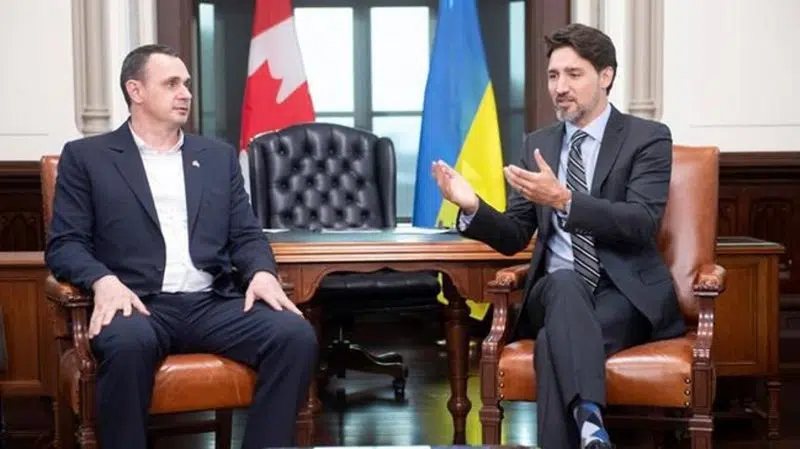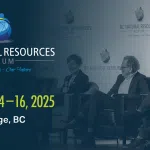
Ukraine filmmaker Sentsov tells Canada keep sanctions pressure on ‘bully’ Putin
OTTAWA — Oleg Sentsov is frequently asked how he survived five years in a Russian prison, and he still can’t offer an explanation. But the Ukrainian filmmaker has an unwavering message about how to get rid of the man who put him there.
Preserve and increase sanctions on Russia, keep Russia out of the G7, and keep bringing economic and political pressure to bear on Russia so that one day disgruntled, well-intentioned Russians may eventually drive President Vladimir Putin from power, Sentsov says.
Only then will his country get back the territory Russia took from it in 2014 when it annexed Ukraine’s Crimea region and sent separatist militias into his country’s eastern Donbass region, he said.
“Canada is a strong country and is stronger than Ukraine,” Sentsov said Tuesday in an interview through a Russian-language translator between meetings with Prime Minister Justin Trudeau and a special session with MPs and senators.

